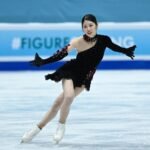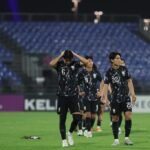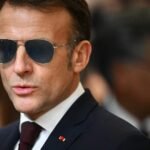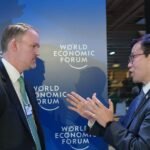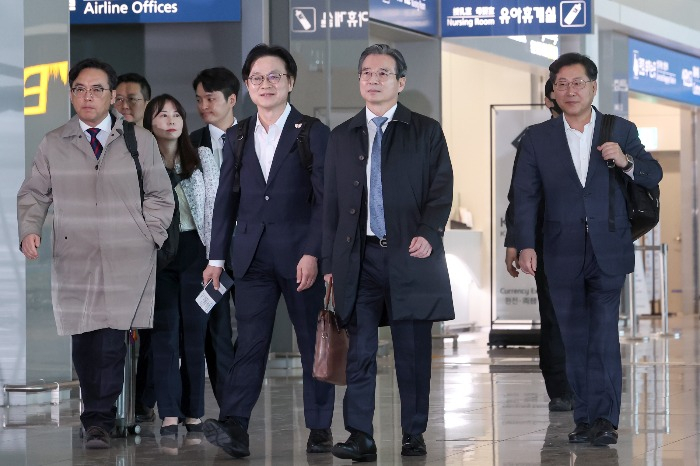
South Korea’s top trade negotiators headed back to Washington, D.C. on Wednesday for the final phase of tariff negotiations with US Commerce Secretary Howard Lutnick ahead of the Asia-Pacific Economic Cooperation (APEC) summit in Gyeongju, Korea next week.
Their visit to the US comes just days after they returned to Seoul earlier this week from a meeting with Lutnick as they make last-ditch efforts to finalize an agrement over Seoul’s proposed $350 billion investment in the US.
The two sides share a sense of urgency to conclude the tariff negotiations before a bilateral meeting between South Korean President Lee Jae Myung and US President Donald Trump scheduled for Oct. 29 on the sidelines of the APEC summit.
However, they remain divided on two key issues: the proportion of cash in Seoul’s proposed $350 billion investment in the US and the timeline for phased investments.
“The two sides had narrowed differences on several issues, but a few areas of sharp disagreement still remain,” said Kim Yong-beom, policy chief at the presidential office, at Incheon International Airport on Wednesday before departing to Washington, D.C.,
He noted that his visit is aimed “to secure a deal that best serves the national interest.”
Industry and Trade Minister Kim Jung-kwan accompanied him on the flight to the US to meet with Lutnick. They are set to return to Seoul on Friday without an overnight stay.
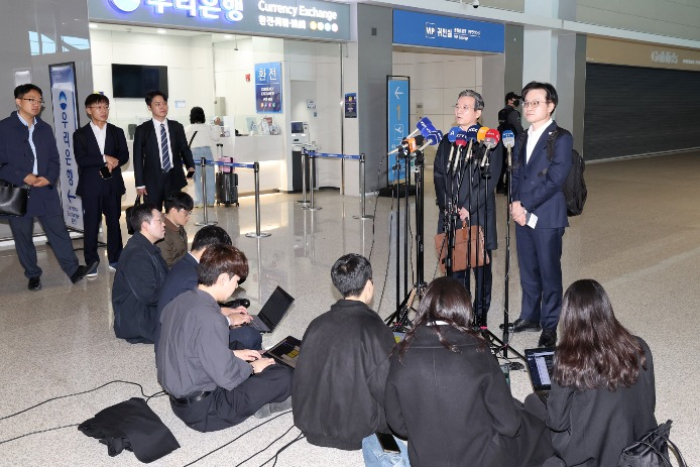
SEOUL PUSHES FOR PHASED INVESTMENT
According to the presidential office, Trade Minister Kim briefed President Lee Jae Myung on the outcome of his recent tariff talks with Lutnick and had crafted a proposal it believes is financially sustainable for South Korea.
Seoul is holding firm on its position to cap equity investments in the proposed $350 billion fund at below 5%, while extending the investment timeline to about 10 years to minimize its impact on the domestic foreign exchange market.
Washington, however, continues to press for a sizable cash contribution and for most of the investment to be deployed during Trump’s second term.
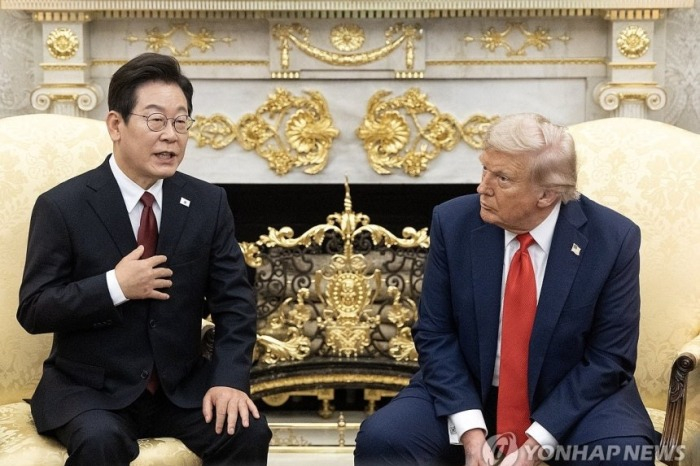
Presidential policy chief Kim reiterated that the country will not rush the negotiations to meet the summit timeline.
“We are not considering signing an investment memorandum of understanding (MOU) that leaves key issues unresolved simply to meet the APEC deadline,” he told reporters.
If finalized, the MOU will detail the terms of South Korea’s $350 billion investment in the US in exchange for Washington cutting reciprocal tariffs on South Korea.
Beyond the proportion of cash and the phased investment timeline, key issues include how investment returns will be distributed, who holds authority over selecting investment targets and what safeguards will be put in place to protect foreign exchange market stability.
Even if tariff reductions are agreed upon, a critical question remains: whether the new rates will be retroactively applied to the initial agreement reached in late July, or only take effect after the MOU is signed.
Another key sticking point is whether the US will grant South Korea a most-favored-nation tariff status for critical sectors such as semiconductors and pharmaceuticals — similar to agreements already reached with the European Union and Japan.
Discussions also include a decision by Korea on whether to raise its defense spending to 3.5% of GDP, aligning with NATO benchmarks.
“If the trade negotiations are finalized, we may be able to announce additional major outcomes, including in the security domain,” the presidential policy chief said.
“But negotiations are fluid by nature. There’s always another side and circumstances can shift at any moment,” he cautioned.
By Dae-Hun Kim, Jae-Young Han and Ji-Eun Ha
daepun@hankyung.com
Yeonhee Kim edited this article.

